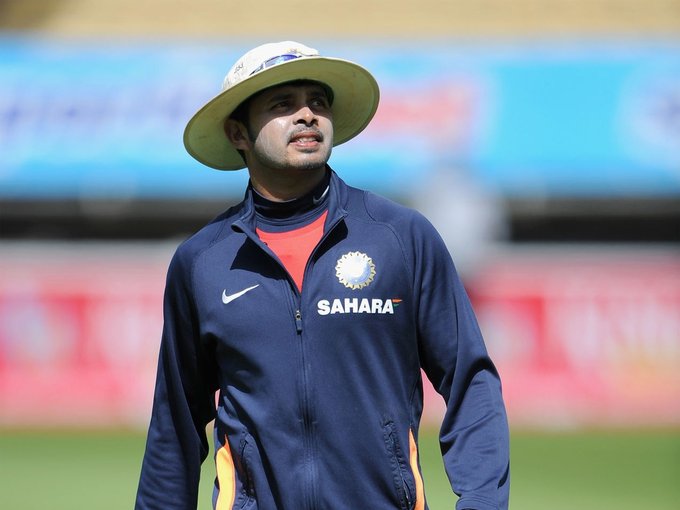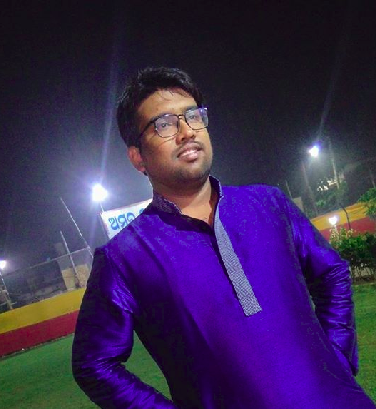The S Sreesanth roller-coaster - A timeline
Kerala Cricket Association announced a probable list for the forthcoming season of domestic cricket, enlisting S Sreesanth among them. In the wake of that, we chart down every single detail of his career ever since he was arrested for his involvement in the IPL spot-fixing controversy.

May 16, 2013: The IPL corruption scandal broke out, with S Sreesanth getting arrested by Delhi police alongside his Rajasthan Royals’ teammates Ankeet Chavan and Ajit Chandila. The police also arrested 11 bookies in the case, one of whom was Amit Singh, a former player of Rajasthan Royals. Rajasthan Royals co-owner Raj Kundra’s role also came under the scanner.
May 17, 2013: The very next day Delhi Police released a statement that a group of bookies were in touch with various groups of match-fixers who were involved in spot-fixing, and modus operandi adopted to spot-fix during the progress of matches included asking the bowlers to give pre-decided signals with the help of their accessories like wristwatches, wrist bands, neck chains, towels, etc. at the time of starting the over. Although Sreesanth's lawyer claimed his client's innocence, the pacer himself confessed to wrongdoing during interrogations.
May 20, 2013: Royals terminate contracts of the accused players, including Sreesanth, and on the same day, Indian ministers push for a law against fixing in sports in the Parliament.
June 10, 2013: After staying in the Tihar jail for 25 days, Sreesanth and Chavan were granted bail by a trial court in Delhi, with the judge giving his verdict that Delhi Police had not produced enough evidence to charge players under the Maharashtra Control of Organised Crime Act (MCOCA), which was a special law passed by the Maharashtra state government in 1999 to tackle organised crime and terrorism with stricter provisions relating to bail and admissibility of confessions compared to the Indian Penal Code. Later, BCCI’s chief of Anti Corruption Unit submitted his interim report on the spot-fixing allegations against the players.
July 6, 2013: With Sreesanth and all other players already out of the court, BCCI anti-corruption probe panel then interrogated another Royals player Harmeet Singh claimed that Chandila and the bookies urged him to indulge in spot-fixing but he had refused to take part in that. Harmeet also added that Chandila was approached by 3 bookies to rope in Shane Watson. Even after Harmeet’s claims, BCCI suspended him for not reporting the incident.
July 30, 2013: Delhi Police filed a 6000-page chargesheet naming Sreesanth, Chavan and Chandila among the 39 accused in the spot-fixing scandal. Upon Delhi Police's plea, which in no uncertain terms labelled the trio under MCOCA, as well as sections 420 and 120B of the Indian Penal Code - which deal with fraud, cheating and criminal conspiracy - the Delhi trial court issues notices to Sreesanth and Chavan.
September 12, 2013: BCCI summoned Sreesanth, Chavan, Harmeet Singh, Siddharth Trivedi and Amit Singh for a disciplinary committee hearing following the submission of Ravi Sawani's final report on the spot-fixing allegations. While Sreesanth and Chavan were handed life bans by the BCCI for their involvement in the scandal on the very next day, Amit Singh was banned for five years.
July 25, 2015: Almost two years later, another Delhi trial court verdict dropped charges against Sreesanth, Chavan and Chandila in the matter, but BCCI announced that the decision will have no bearing on the life bans imposed by the BCCI, as clarified by then BCCI secretary Anurag Thakur.
August 7, 2017: After Sreesanth filed a writ petition in Kerala High Court challenging his ban, especially after the Delhi Sessions Court order, Kerala High Court questioned the BCCI disciplinary committee’s decision by pointing out the Delhi Court order.
September 19, 2017: The BCCI subsequently challenged the judgement and maintained the ban was handed after the inquiry commission found Sreesanth guilty of various offences under the board's anti-corruption code. The BCCI further asked whether the writ court could "sit in appeal" and "alter the quantum of penalty imposed" against the findings of the board's disciplinary committee. The case now moved to the Supreme Court of India.
March 15, 2019: One and half years post the BCCI appeal, the Supreme Court of India set aside the life ban on Sreesanth and urged the board to "reconsider" and "revisit" the length of any fresh ban, "preferably" within three months. The court, however, clarified that the BCCI did not violate any principles of natural justice in determining the sanction, but it did not "advert to the aggravating and mitigating factors" as listed under its code.
August 20, 2019: In August, BCCI Ombudsman Justice (retd) DK Jain gave the landmark verdict that Sreesanth’s ban was reduced to seven years and will end in September 2020. Jain stated that the BCCI has no record against the player regarding his erratic behaviour, and "no allegation that he did not cooperate in the inquiry".
June 17, 2020: The Kerala Cricket Association named an advanced Ranji probable list, naming Sreesanth among them, with former Indian player and Kerala coach Tinu Yohannan stating that Sreesanth will have to prove his fitness to be in the squad.

Comments
Sign up or log in to your account to leave comments and reactions
0 Comments